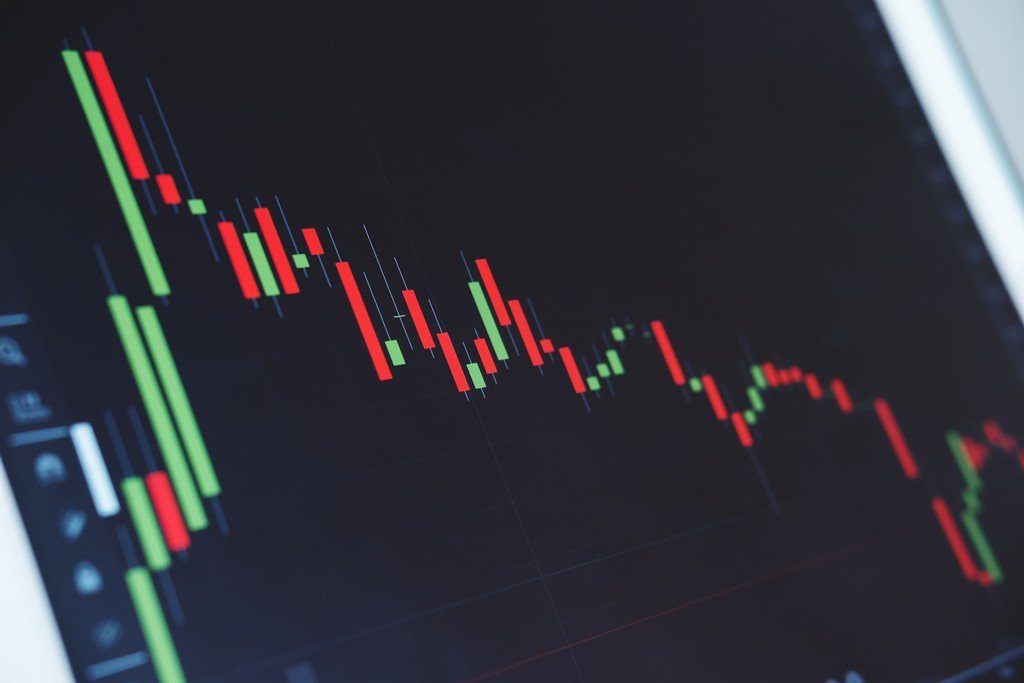British inflation unexpectedly jumped above the Bank of England’s 2.0% target in May when it hit 2.1% and looks set to rise further as the country re-opens its economy after its coronavirus lockdowns. The rise in price growth from April’s 1.5% was driven in large part by the comparison with prices in May 2020 when the country was in its first tight lockdown, especially for clothing, motor fuel, games and take-away food.
A Reuters poll of economists had pointed to a rise in inflation to 1.8%. Investors around the world are assessing the risks of a sustained jump in inflation, especially in the United States where annual inflation hit 5.0% in May, the highest in almost 13 years, and where U.S. President Joe Biden has proposed a $6 trillion stimulus package.
Jack Leslie, an economist at the Resolution Foundation think tank, said the speeding up of price growth from 0.3% in November to 2.1% in May represented the fastest six-month rise since sterling collapsed after the 2008-09 financial crisis. Sterling was little changed by the ONS figures. The BoE has said it expects inflation to hit 2.5% by the end of this year as the economy reopens after its coronavirus lockdowns and as global oil prices rise. Core inflation, which excludes the price of food, energy and other volatile items, rose to 2.0% in the 12 months to May, the Office for National Statistics said.
UK inflation jumps past Bank of England target, hits 2.1%, CNBC, Jun 16
